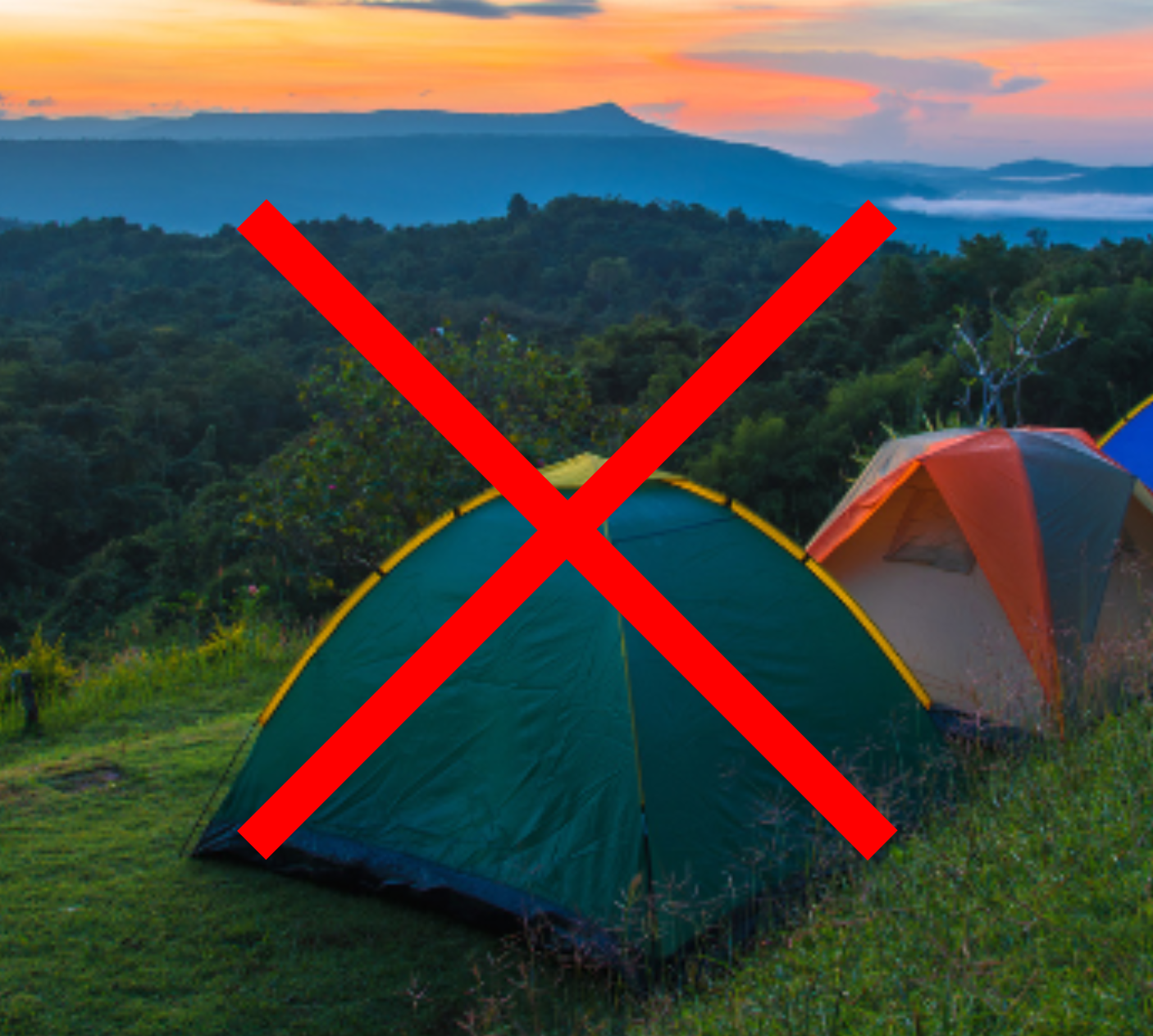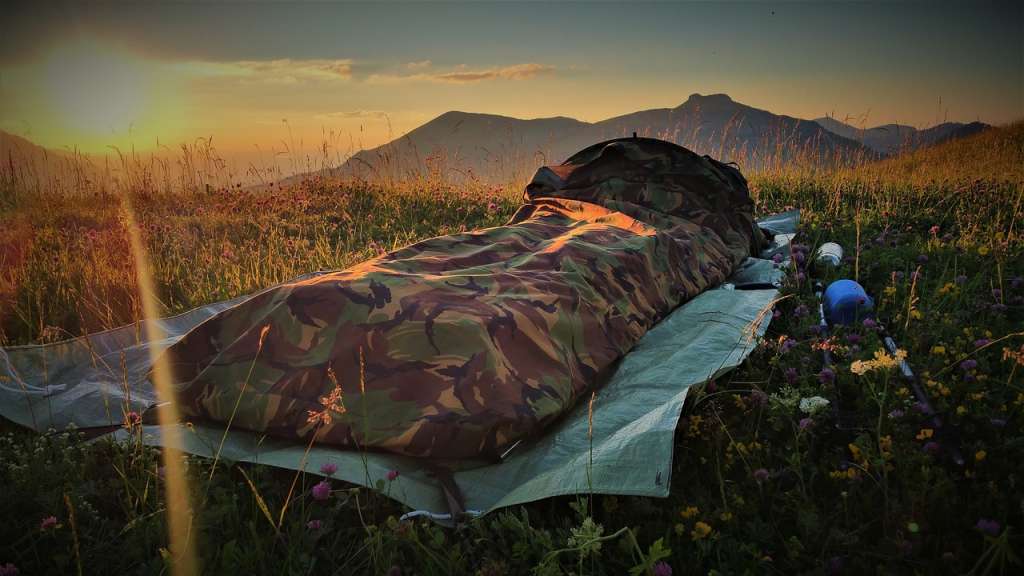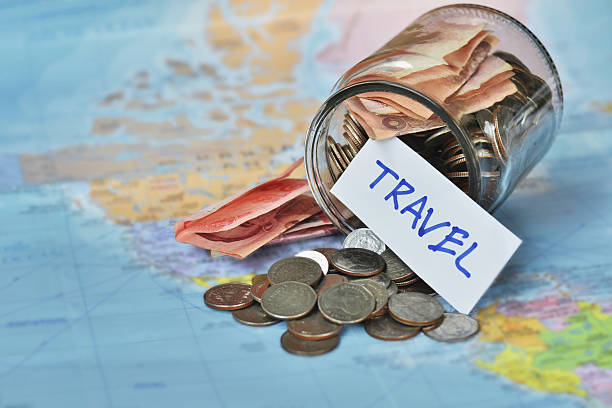Wild camping offers a unique opportunity to slow down and enjoy the simple pleasures of the outdoors. Sleeping with your friends under the stars, away from civilization, sounds like music in my ears. That’s what makes wild camping so amazing. Sadly not everyone thinks its amazing and harmless, since it is illegal in some countries.
Why Wild Camping Is Illegal in Some Countries

Unfortunately, wild camping isn’t allowed everywhere in Europe and is even considered illegal in some countries. This restriction exists for various reasons, such as:
- Environmental protection: Some areas have strict rules against wild camping to protect natural habitats and ecosystems from damage caused by human activity.
- Safety concerns: In some areas, wild camping can be dangerous due to risks such as wildlife, natural disasters, or risky terrain.
- Lack of infrastructure: Some countries lack the necessary infrastructure or facilities to make wild camping safe and responsible.
Why wild camping is such a great experience:
- Intimate connection with nature: When you go wild camping, you truly connect with nature. You’re out there, experiencing all the sounds of the outdoors—birds chirping, leaves rustling. It’s a great opportunity to watch animals in their natural homes.
- Freedom and adventure: Wild camping lets you forge your own path and discover new places beyond the reach of regular campers. It gives you a sense of freedom and adventure that’s hard to replicate in a busy campground.
- Minimalism and simplicity: With only the essential camping gear at hand, you learn to live with less and appreciate the simple pleasures of outdoor life. You can disconnect from material possessions and savor the simplicity of being.
The countries where wild camping is Illegal:

- Austria
- Belgium
- Croatia
- Czech Republic
- Denmark
- England
- Hungary
- Iceland
- Ireland
- Luxembourg
- Malta
- Netherlands
- Portugal
- Switzerland
- Serbia
- Andorra
- Italy
Can You Get Away With It?
While wild camping is illegal in many countries, there are some places where you can get away with it if you’re discreet and respectful. Some tips for getting away with wild camping are:
Be discreet: Choose a remote spot away from populated areas and make sure not to leave any traces of your presence.
Respect nature: Leave no trace, avoid disturbing wildlife, and respect any rules that apply to the area.

Be prepared to leave: If you’re approached about your wild camping activities, you should be prepared to leave immediately and apologize if necessary.
Bivouacking: Some countries might allow you to set up a temporary shelter for just one night, which is called bivouacking. But they might not allow wild camping, where you set up camp for longer periods. This is because wild camping might have a bigger impact on the environment, like building fires or staying in one place for a while. So, it’s about protecting nature and wildlife. Read here to learn the difference between wild camping and bivouacking
The Difference Between Wild Camping and Bivouacking:

Make sure you know the Difference Between Wild Camping and Bivouacking. Although wild camping and bivouacking are sometimes used interchangeably, there are some differences between the two:
- Wild camping: involves camping in a remote location in nature, usually outside of official campsites and without prior permission.
- Bivouacking: is often more geared towards mountaineers and adventurers, with campers using minimal equipment and usually staying for just one night.
Wild camping is an unforgettable experience that brings you closer to nature and gives you the freedom to discover new adventures. Even though it’s not allowed everywhere, there are still plenty of beautiful places in Europe where you can enjoy this unique experience. So plan your trip wisely, and enjoy your adventure!
If you’re inspired to explore the great outdoors but want to do so responsibly and safely, we’ve got more valuable tips and insights waiting for you. Learn how to safely drink water from a wild stream with our expert tips and tricks. Planning a longer trek? Discover everything you need to know before going on a multi-day hike. If you’re new to hiking, our Beginner’s Guide to Hiking will set you up for success with practical advice for first-time adventurers. And for those looking for even more inspiration, dive into our list of 50+ outdoor activity ideas that will spark your next adventure. Click through and get ready to elevate your outdoor experiences!




